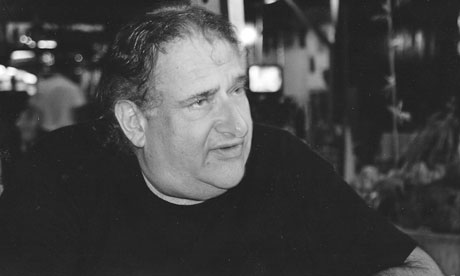
George Ross offered to take over the Romanian embassy in London as a ‘true’ representative of a free Romania
My friend George Ross, a Romanian emigre, academic and irrepressible free-thinker, has died aged 75. In his own, humanist version of the Ten Commandments, he wrote: "Remember that the hottest place in hell is destined to those who adopt a neutral attitude in a moral conflict." George's own life was one of uncompromising honesty and engagement.
He grew up in a loving home with much intellectual stimulation, but his childhood was marred by severe discrimination against his Jewish family and the loss of all their possessions after the advent of communism inRomania.
George studied maths and physics at university. In the 1960s, he was eventually given permission to emigrate to Israel, where he worked as a scientist at the Weizmann Institute. He later moved to the UK, where he had an academic post at Sheffield University and then became a lecturer in physics at King's College London. He was an inspiring and popular teacher.
George remained critical of, yet deeply committed to Romania, "that crucible of genius and disaster", as he called it in his book Modern Romania (2002). In 1965 he co-founded the British-Romanian Association, an organisation that called for free elections. During the 1989 revolution, he and his colleagues from the association met a Foreign Office minister and offered to take over the embassy in Belgrave Square as the "true" representatives of a free Romania in the UK. After 1989, George lent both his pen and his voice to the exiled King Michael, writing speeches for him and campaigning for his return.
A remarkable presence on the London intellectual scene and a brilliant communicator, George exchanged ideas with many great thinkers. Later in life, he devoted himself to his passion of philosophy, contributing to forums such as the London-based organisation Philosophy for All.
In his writings, he celebrated the autonomous individual who has "a critical mind and ... a loyalty directed to the whole humanity". George not only felt this loyalty acutely but lived up to its demands. He thought about how people live, think and feel, about nationalism, humanism, totalitarianism, justice and the tensions and struggles that define us.
He is survived by his ex-wife and close friend, Rosemary, and their sons, Philip and Michael.
No comments:
Post a Comment